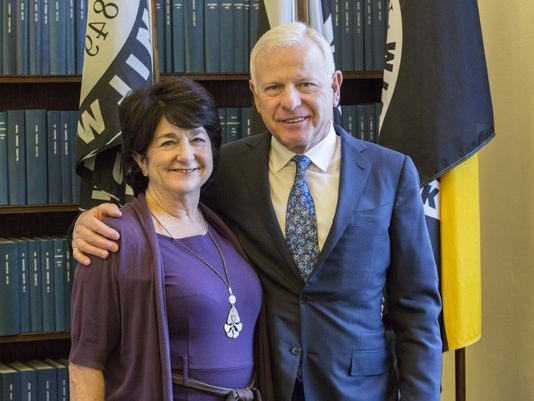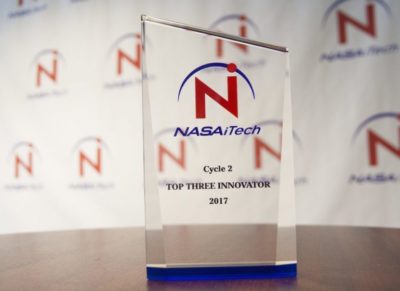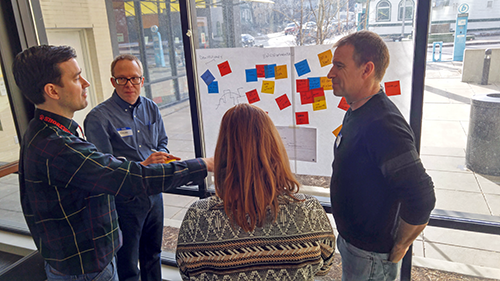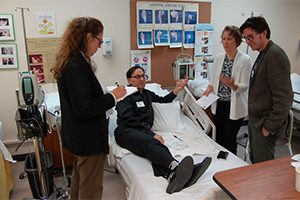Promentis Pharmaceuticals, Inc., a privately-held biopharmaceutical company developing innovative therapies for neuropsychiatric disorders, today announced that it has commenced a Phase 1 single ascending dose study for its lead compound, SXC-2023. Promentis is developing SXC-2023 and other compounds that engage System x
c-, a central nervous system (CNS) target addressing glutamatergic imbalance and oxidative stress, to treat obsessive-compulsive and related disorders, substance-related and addictive disorders and other neuropsychiatric disorders. SXC-2023 has demonstrated a compelling profile across a range of non-clinical studies.










